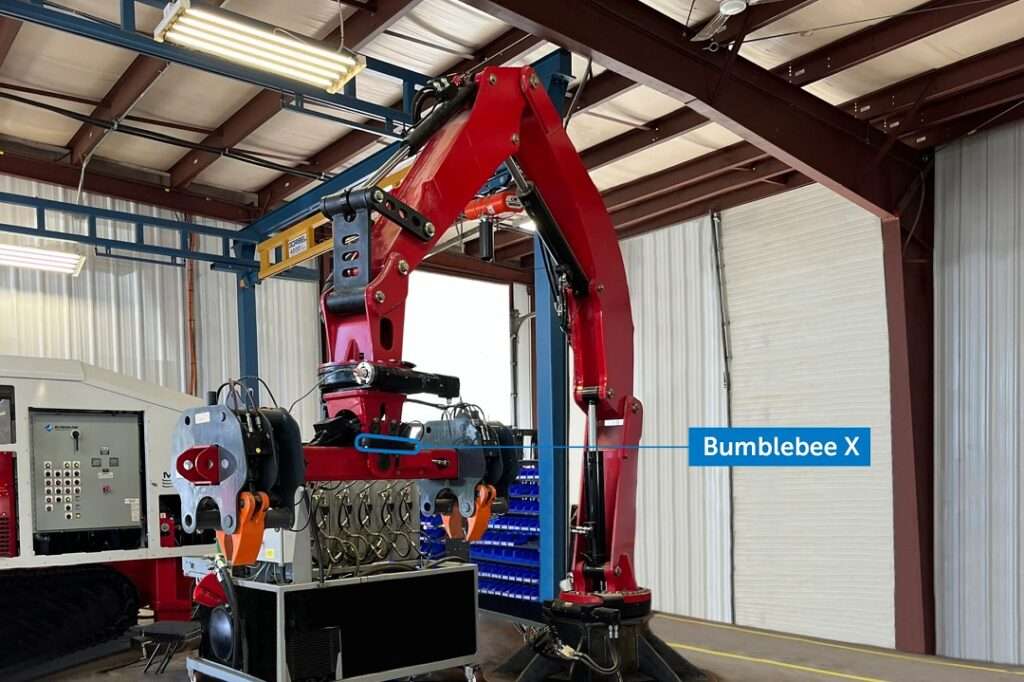Henkel Adhesives Technologies India Pvt. Ltd. has joined forces with CleanMax, a company backed by Brookfield, to advance its mission of reducing emissions across its operations. This collaboration aims to significantly increase the use of solar energy, leading to an annual reduction of over 4,500 tonnes of CO2 at its manufacturing facilities in Kurkumbh and Thane. This reduction is comparable to the environmental benefit of planting approximately 300,000 trees each year.
A Single User Group Captive Solar Power Purchase Agreement (PPA) has been established between Henkel India and CleanMax, with the solar project being developed at a farm in Maharashtra that CleanMax will own and manage. The partnership underscores both companies’ commitment to sustainable energy solutions.
S. Sunil Kumar, Country President of Henkel India, expressed enthusiasm for the collaboration, stating, “We are delighted to partner with CleanMax on this important step in our sustainability journey. This PPA will significantly enhance our contributions to climate protection. By increasing our reliance on green energy and dramatically reducing CO2 emissions, we are taking meaningful strides toward a more sustainable future. This agreement highlights our ability to achieve ambitious environmental targets.”
Kuldeep Jain, Managing Director of CleanMax, remarked, “We are excited to work with Henkel India in their pursuit of carbon-neutral manufacturing. Our goal is to be the sustainability partner of choice for businesses, and this collaboration exemplifies how green initiatives can lead to substantial environmental advancements.”
Henkel India’s adhesive operations already reflect a strong sustainability ethos. The manufacturing site in Chennai operates entirely on carbon-neutral processes, while the Rudrapur facility has transitioned to using green electrical energy. This new PPA will further increase solar energy use at the Kurkumbh and Thane sites, aligning with Henkel’s sustainability objectives.
Henkel’s primary focus for addressing climate change is on its production methods, with ambitious reduction goals set for 2030. The company is dedicated to improving energy efficiency and increasing its use of renewable energy. Additionally, it aims to establish a Net-Zero pathway for its Scope 3 emissions in accordance with the Science-based Targets Initiative (SBTi).








